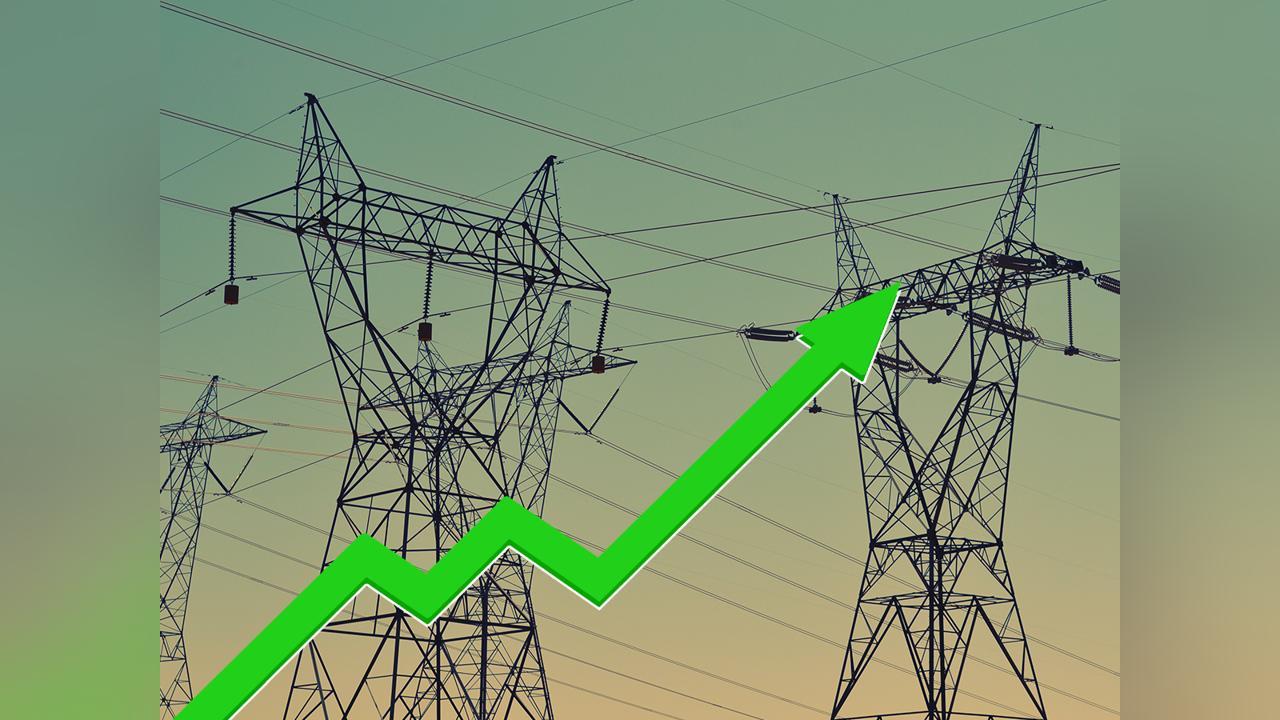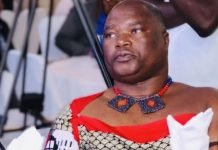Africa-Press – Eswatini. The Eswatini Electricity Company (EEC) must improve its internal financial practices before considering a proposal for a tariff hike.
These sentiments were shared by electricity consumers who expressed their concerns during the Eswatini Energy Regulatory Authority (ESERA) Electricity Tariff Review Public Hearings held yesterday at Big Bend Riverside Hotel. Attendees questioned the reportedly high salaries of EEC employees, the allowances for board members, and expenditures on expensive vehicles. They also enquired why these meetings are being held in hotels rather than using the company’s conference rooms.
EEC has applied for a 25.51 per cent increase in tariffs for 2025/2026 and a 27.06 per cent increase for 2026/2027.
Confusion One attendee, Khumbulani Ndwandwe, expressed confusion over how EEC could be operating at a loss. “If that’s the case, why isn’t the company taking steps to tighten its financial belts?” he asked. EEC Managing Director Ernest Mkhonta stated that from its E2.774 billion revenue, a staggering E2.525 billion goes directly to importing electricity, leaving the company with E250 million for operational costs. “In the past five years, our profits have dropped from E500 million to below zero, mainly due to the mismatch in electricity purchased. Consequently, we incurred an operational loss of E69 million,” Mkhonta explained.
He added that when South Africa increased electricity prices, it was by double figures, averaging around 15 per cent, while Eswatini did not raise its electricity prices, which significantly reduced EEC’s profits. Notably, Eswatini imports most of its electricity from South Africa. “Over the years, we have purchased electricity from South Africa at a high cost, between June and August, to avoid load-shedding in our country because we recognise that local businesses need electricity to thrive,” he elaborated.
Load-shedding
Mkhonta indicated that all EEC lines serve businesses and that implementing load-shedding would lead to significant losses for those businesses. “The increase is not only about EEC but also about sustaining the economy,” he stated. According to the managing director, EEC will require E2.48 billion to purchase electricity in the current tariff application. With E1.7 billion spent on electricity imports the previous year, Eswatini will face challenges in securing sufficient electricity in the future.
In related news, EEC has reportedly purchased 14 top-of-the-range Land Cruiser vehicles, one for each depot. EEC’s General Manager of Operations, Vusi Gama, explained that this acquisition was driven by the need for effective customer service, as these vehicles can access the most remote areas where road infrastructure is lacking. “The company should consider purchasing more affordable vehicles that can perform the same function,” complained another attendee, Nonhlanhla Tsabedze.
For More News And Analysis About Eswatini Follow Africa-Press







